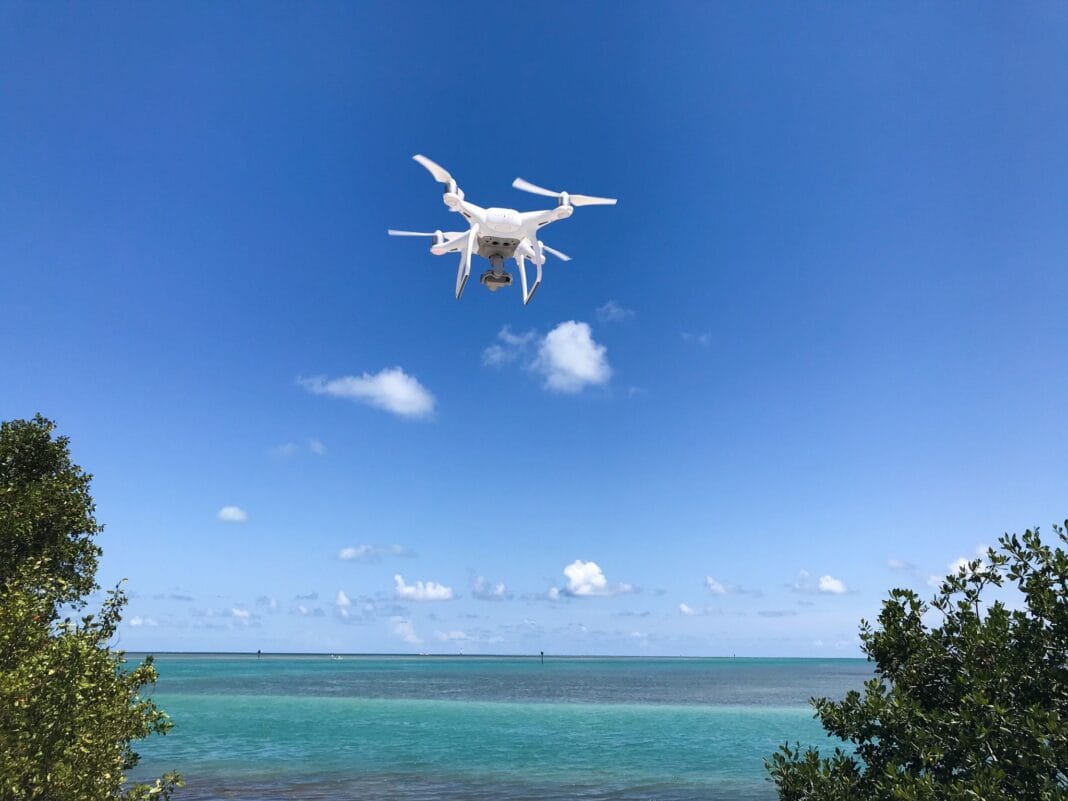As drone technology continues to advance, drones are increasingly being used for a variety of purposes, from recreational flying to professional photography and even search and rescue operations. One common challenge faced by drone enthusiasts and professionals alike is limited battery life. Extending the battery life can significantly enhance a drone’s operational effectiveness. Here are several strategies and tips to help you maximize the battery life of your drone.
Understanding Drone Battery Basics
Types of Drone Batteries
The majority of consumer drones use lithium-polymer (LiPo) batteries due to their high energy density and lightweight design. Understanding the characteristics of these batteries is fundamental in optimizing their lifespan and performance.
Battery Ratings
LiPo batteries are typically rated by voltage (V), capacity (mAh), and discharge rate (C). Familiarizing yourself with these ratings can help in selecting batteries that offer the best performance for your specific drone usage.
Pre-Flight Preparations
Proper Charging Techniques
- Use Original Charger: Always use the manufacturer-provided charger. This ensures compatibility and prevents overcharging.
- Avoid Overcharging: Do not leave the battery charging unattended for long periods. Remove it from the charger once fully charged.
- Storage Voltage: If the battery is not going to be used for an extended period, store it at 50-60% charge.
Check for Firmware Updates
Regularly check for updates to your drone’s firmware. Manufacturers often release updates that optimize battery usage and improve efficiency.
Weight Management
The more a drone carries, the more power it consumes. Remove unnecessary accessories, and ensure that the payload is optimized for the task at hand.
In-Flight Strategies
Optimal Flying Conditions
- Weather: Fly in calm weather. Wind resistance drains the battery faster.
- Altitude and Speed: Flying at an optimal altitude and moderate speed can conserve energy.
Flight Path Efficiency
Plan your flight path in advance to minimize unnecessary maneuvers. A smooth and direct path will consume less battery power.
Maintenance and Battery Care
Post-Flight Checks
- Cool Down: Allow the battery to cool down before charging. Charging a hot battery can reduce its lifespan.
- Clean Contacts: Make sure the battery contacts are clean. Dirty contacts can affect the charging and discharging efficiency.
Regular Inspections
Periodically inspect batteries for signs of wear and tear, such as swelling, which indicates it’s time for a replacement.
Store Properly
Store batteries in a cool, dry place away from direct sunlight. Extreme temperatures can degrade battery performance and longevity.
Investing in Spare Batteries
Having spare batteries can immediately extend your drone’s flight time. Consider investing in high-quality spare batteries and alternate them to reduce wear on any single battery.
Advanced Techniques
Battery Management Systems
Some drones come equipped with advanced battery management systems (BMS) that help monitor and optimize battery usage in real-time. Familiarize yourself with these features if applicable.
Custom Battery Upgrades
For some drone models, there are aftermarket upgrades available that can offer increased capacity or efficiency. Only consider such options if they are compatible and will not void warranties or compromise safety.
Extending the battery life of your drone is crucial for maximizing flight time and ensuring efficient operations. By understanding your drone’s battery specifications, performing proper maintenance, optimizing flight strategies, and making use of advanced technologies, you can significantly prolong the service life of your batteries. Remember, taking care of your batteries means extended fun and productivity in the skies.



